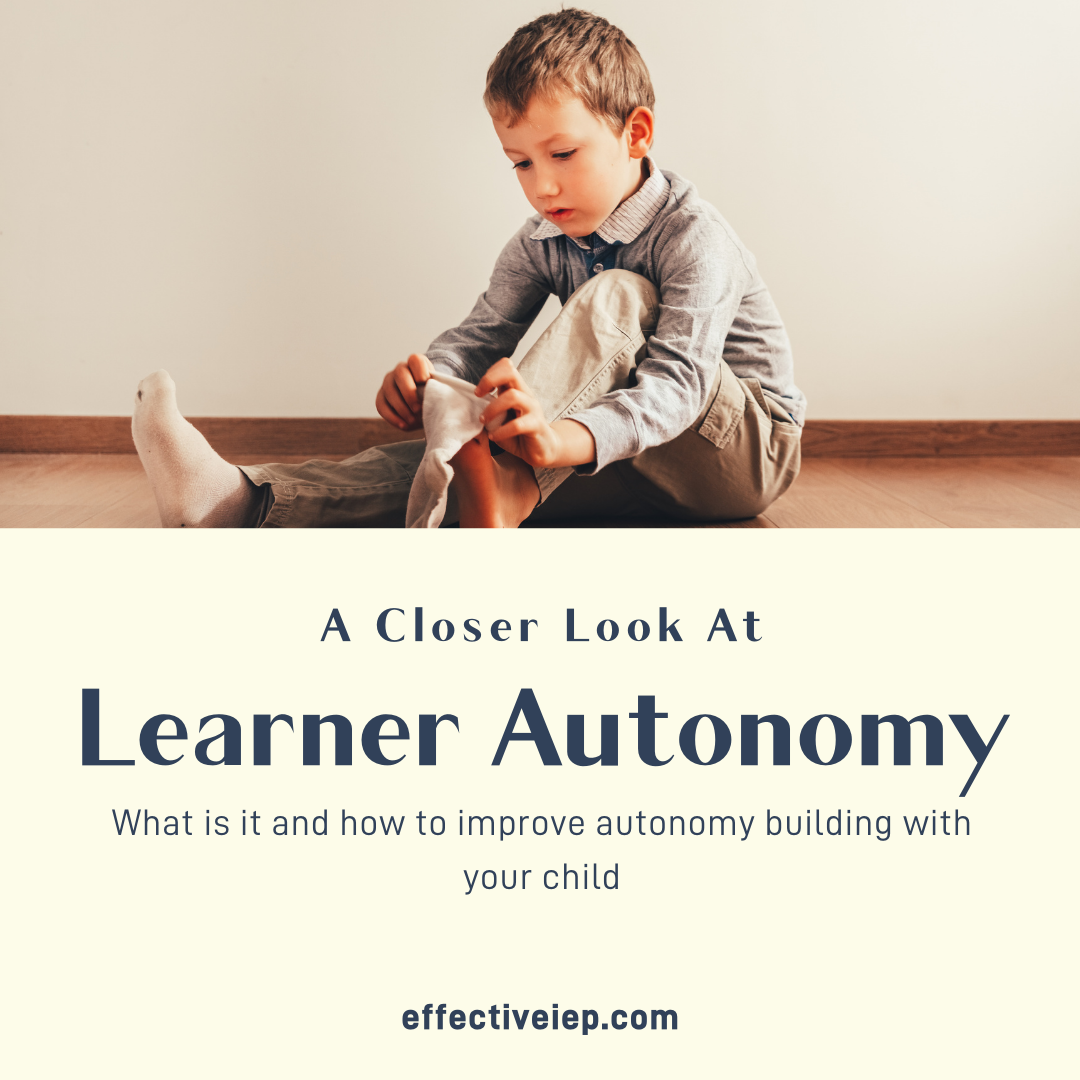What Parents Need to Know About Learner Autonomy
What does autonomy mean?
How can parents facilitate learner autonomy at home?
How can parents facilitate learner autonomy at school?
How do you build autonomy throughout childhood?
What is autonomy? Let’s start with a definition
From Meriam Webster: self-directing freedom and especially moral independence
From Cambridge Dictionary: the ability to make your own decisions without being controlled by anyone else
Different Terms for Autonomy
This sounds like a basic principle, but it is challenging. We may have ideas of
Who we want our child or student to be
How we want them to act
How they should respond to questions
What activities they should like
People they should like
People they should not like
How we want them to dress
How fast they should learn
The Role of Parents in Facilitating Autonomy
What happens when a child tells us no or does not show interest in something we want them to like? Ideally, as caregivers, we respect their choice and move on. Are we teaching decision-making? Are we transition (accepting) their decision after they make it?
What happens when that child is neurodivergent?
It’s bigger than food choices or youtube shows. What about preferred PJs? Writing utensils? Playing tennis instead of soccer (did we offer multiple choices/exposure to sports?). The list goes on.
As adults, we tend to believe in AND want autonomy; children deserve the same.
It takes intentional work and, more than likely, multiple apologies because we are human.
Action Item: Pick an area/time of the day to target for improved autonomy building. Write this down on a sheet of paper and add the reminder to your phone. Hold yourself accountable.
Additional Resources for Autonomy in Education and at home
Here are a few additional resources. As always, please remember to do your due diligence.
5 Choices for Giving Kids Choices from Psychology Today
Autonomy in Toddlerhood: Michigan State
How to Give Children More Autonomy As They Age: Penn State
Independence in Teenagers, How to Support it: Raising Children Network Australia
Reflect on your last 24 hours. Can you think of one area of improvement related to autonomy? If you feel comfortable sharing, comment below.
Until next time,
EI








Local Education Agents: Who it is and their role to support students, teachers, and families.